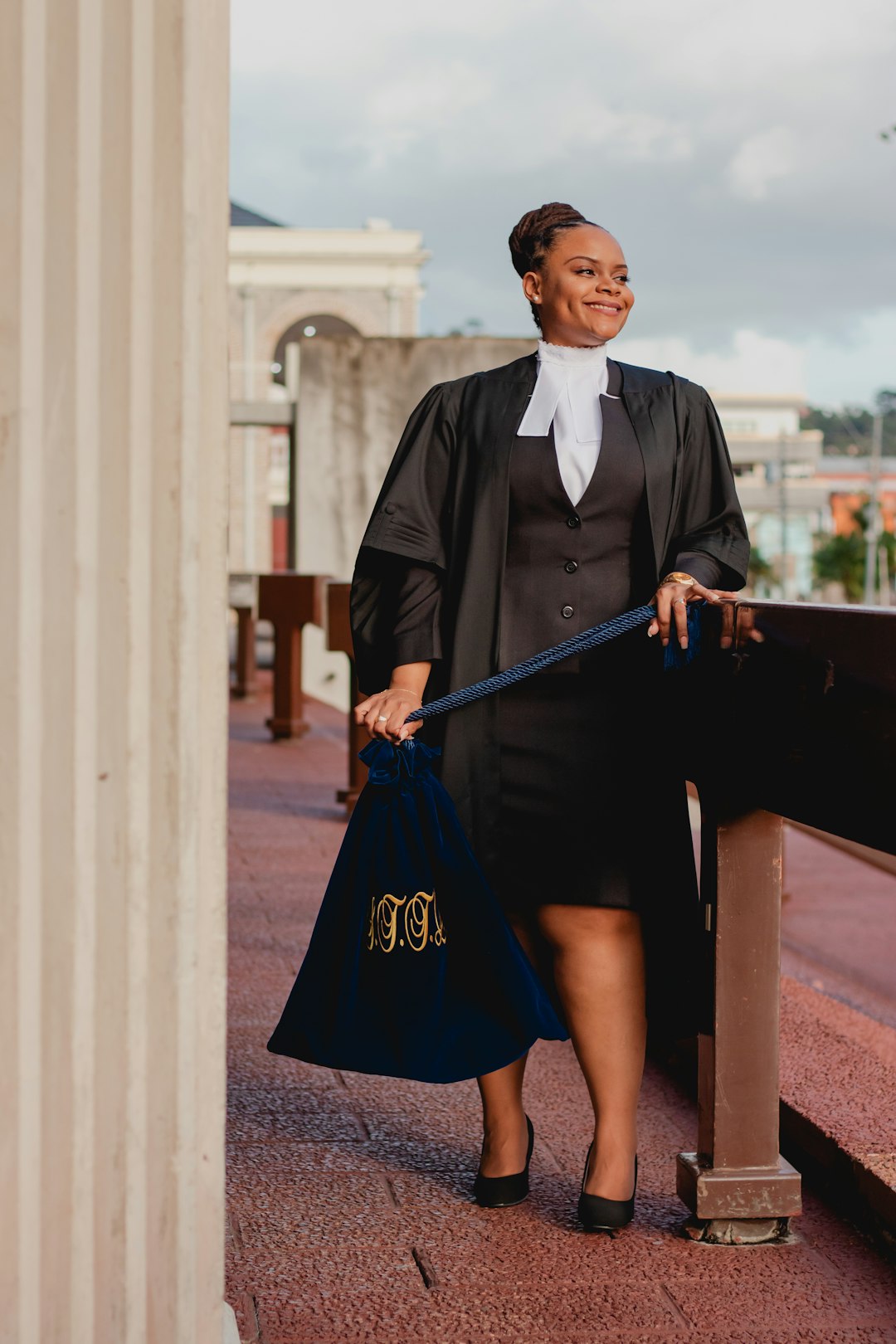Child abuse attorneys in Denver, CO face unique challenges due to the city's multicultural fabric. They must demonstrate cultural competency to navigate family dynamics and communication styles from diverse backgrounds, ensuring equitable legal representation and fostering trust. By integrating traditional healing practices, simplifying language, and showing empathy, these attorneys protect vulnerable populations, especially indigenous and minority communities, while prioritizing children's best interests in a complex legal landscape.
In Denver, Colorado, cultural sensitivity is paramount in handling child abuse cases. This article explores legal best practices for child abuse attorneys navigating Denver’s diverse communities. We delve into understanding cultural competency, the city’s unique context, protective legal frameworks, effective communication strategies, and building trust with culturally diverse families. Essential insights for Denver CO child abuse attorneys looking to provide compassionate, informed representation.
Understanding Cultural Competency in Child Abuse Cases

Cultural competency is an essential aspect of handling child abuse cases, particularly for child abuse attorneys in Denver, CO, who must navigate diverse communities and families. It involves recognizing and appreciating the cultural differences that shape a family’s dynamics, beliefs, and behaviors. In Denver, with its growing multicultural population, legal professionals need to understand that what may be considered normal parenting practices in one culture could be seen as abusive or neglectful in another.
For instance, a family’s approach to discipline, communication styles, or even their understanding of what constitutes harm can vary widely. Child abuse attorneys must be adept at interpreting these nuances and gathering evidence sensitively, ensuring that cultural biases do not inadvertently influence case outcomes. By embracing cultural competency, these attorneys can provide more equitable legal representation, better support victims, and foster a more just system for all Denver families.
Navigating Diverse Communities: Denver's Context

Denver, a vibrant metropolis with a diverse tapestry of cultures, presents unique challenges for legal professionals handling child abuse cases. Navigating this complex landscape requires a deep understanding of the city’s various communities and their distinct cultural norms. As child abuse attorneys Denver CO, it is crucial to recognize that what may be considered acceptable behavior in one culture could be perceived as abusive in another.
The city’s rich multicultural fabric includes Native American, Latinx, Asian, and African American communities, each bringing its own traditions and perspectives. For instance, some cultures emphasize physical discipline as a form of parenting, while others promote more non-physical methods. Understanding these cultural nuances is essential for building trust with clients and ensuring that legal strategies are sensitive to the unique circumstances of each case. This approach not only respects the diversity within Denver but also strengthens relationships between attorneys and families they serve.
Legal Framework: Protecting Vulnerable Populations

In Denver, Colorado, the legal framework surrounding child abuse cases is designed to protect vulnerable populations, with a particular focus on indigenous and minority communities. Child abuse attorneys in Denver CO play a crucial role in navigating this complex landscape, ensuring that the rights of all children are upheld and that justice is served. The state’s laws emphasize the importance of cultural sensitivity, recognizing that historical trauma and systemic injustices can impact how certain communities perceive and report instances of child abuse.
This awareness guides the legal strategies employed by Denver child abuse attorneys, who work diligently to bridge the gap between legal proceedings and cultural contexts. They collaborate with community leaders, social workers, and other experts to foster a holistic understanding of the issues at hand. By integrating traditional healing practices and addressing intergenerational trauma, these attorneys strive to create a more equitable and just system for all children involved in abuse cases.
Effective Communication Strategies for Attorneys

Effective communication strategies are paramount for child abuse attorneys in Denver, CO. When dealing with sensitive cases involving minors, attorneys must employ clear and age-appropriate language to ensure comprehension. This involves simplifying complex legal terms and concepts, allowing young clients to actively participate in decision-making processes while protecting their best interests. Cultural sensitivity plays a crucial role here; understanding the client’s background and incorporating their perspectives into communication fosters trust and encourages open dialogue.
Attorneys should also be adept at listening actively, paying close attention to both verbal and non-verbal cues from child clients. This skill is vital for uncovering critical details and nuances that may have otherwise been overlooked. Additionally, maintaining a calm, empathetic demeanor can help put children at ease, encouraging them to share their experiences honestly. These strategies collectively enhance the attorney-client relationship, ultimately contributing to more robust case outcomes for Denver child abuse attorneys.
Building Trust: Engaging with Culturally Diverse Families

Building trust is a critical aspect of working with culturally diverse families in Denver child abuse cases. Child abuse attorneys in Denver, CO must approach these situations with empathy and an understanding of the unique challenges faced by families from various ethnic and cultural backgrounds. Many communities have distinct norms, values, and communication styles that are often overlooked or misunderstood in a legal setting. Effective engagement requires attuned listening, cultural competency training, and a willingness to adapt legal processes to respect familial traditions.
Attorneys can foster trust by actively seeking to understand the family’s perspective, incorporating their cultural context into case strategies, and ensuring clear, culturally sensitive communication throughout the legal process. This approach not only strengthens attorney-client relationships but also enhances the potential for successful outcomes in child abuse cases, while prioritizing the best interests of the child and the well-being of the family.





